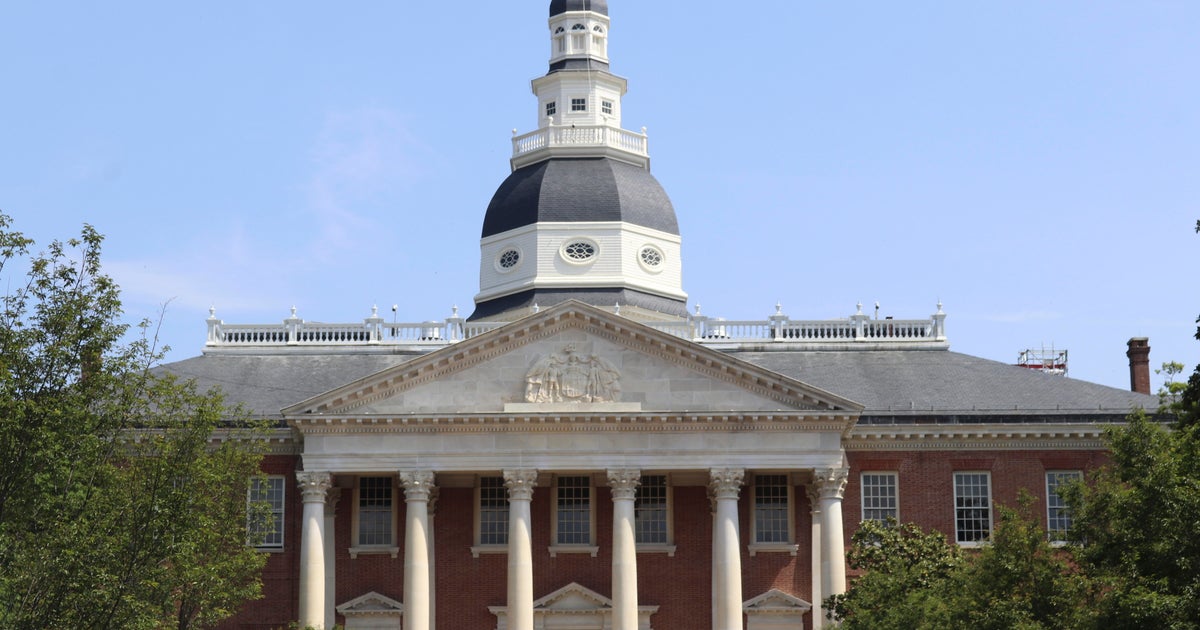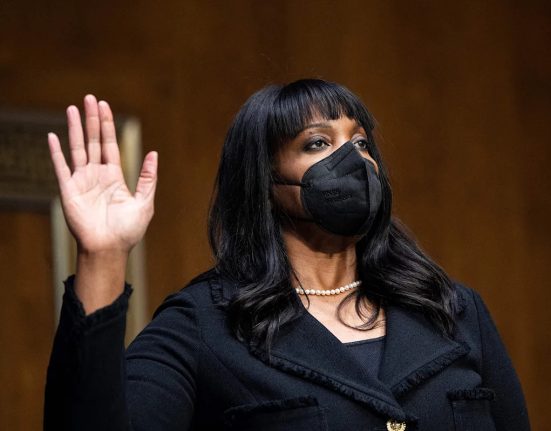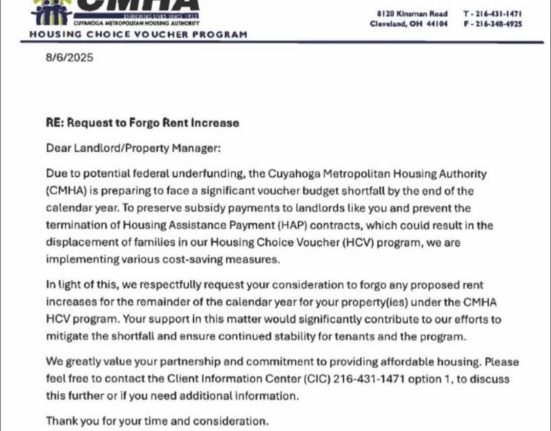Maryland Gov. Wes Moore announced additional funding for the EARN Maryland program, as part of a continued effort to strengthen the state economy.
The state will invest an additional $4 million into EARN Maryland awards, and an additional $6.5 million in new EARN Maryland grants.
The awards are expected to help more than 2,900 Marylanders receive occupational training, gain credentials, and progress within high-demand careers.
“EARN Maryland helps grow our economy, uplift businesses, and train Marylanders for the jobs of today and tomorrow. Collaborations like this one are why Maryland is seeing some of the lowest unemployment and fastest job growth in the nation,” Moore said. “Everyone should have a pathway to work, wages, and wealth — no matter the shape or structure of their journey. This new funding will support EARN Maryland partners who are already doing the work to make that vision a reality, plus new partners who will extend EARN’s impact.”
EARN Maryland provides funding to businesses in the state to help grow their workforce. Under the Moore-Miller administration, the EARN program has placed more than 3,000 Marylanders into meaningful careers.
The $4 million in awards will be distributed among 20 EARN grantees to provide training programs.
Nearly half of the programs will focus on the healthcare, cybersecurity, and infrastructure sectors.
The $6.5 million for new grants will prioritize placement into higher-wage jobs and serving communities experiencing higher rates of poverty.
Stabilizing Maryland’s economy
Governor Moore is working to close Maryland’s $3.3 billion deficit, an effort that began by passing a state budget that had tax increases and cuts to state spending.
In an update last week, the governor announced a hiring freeze on state jobs, voluntary employee buyouts, and the elimination of vacant positions.
He called Maryland’s current economic predicament a “historic fiscal challenge,” adding that the financial climate was the worst since the Great Depression.
Moore also cited “a federal administration that continues to harm Maryland’s people and the economy”, likely referencing recent efforts by the Trump administration to slash the size of the federal workforce.
This has posed economic challenges, since Maryland is home to many federal civilian employees.
To counter the impacts, the state is working to help displaced federal employees transition into new careers, including education and entrepreneurship.







